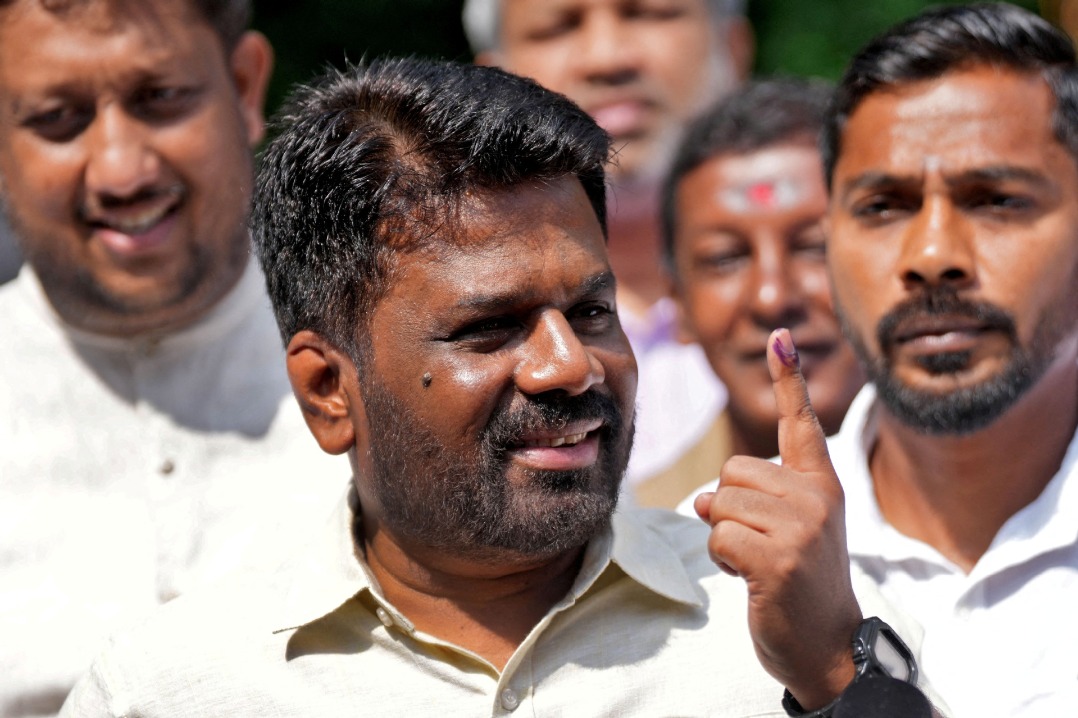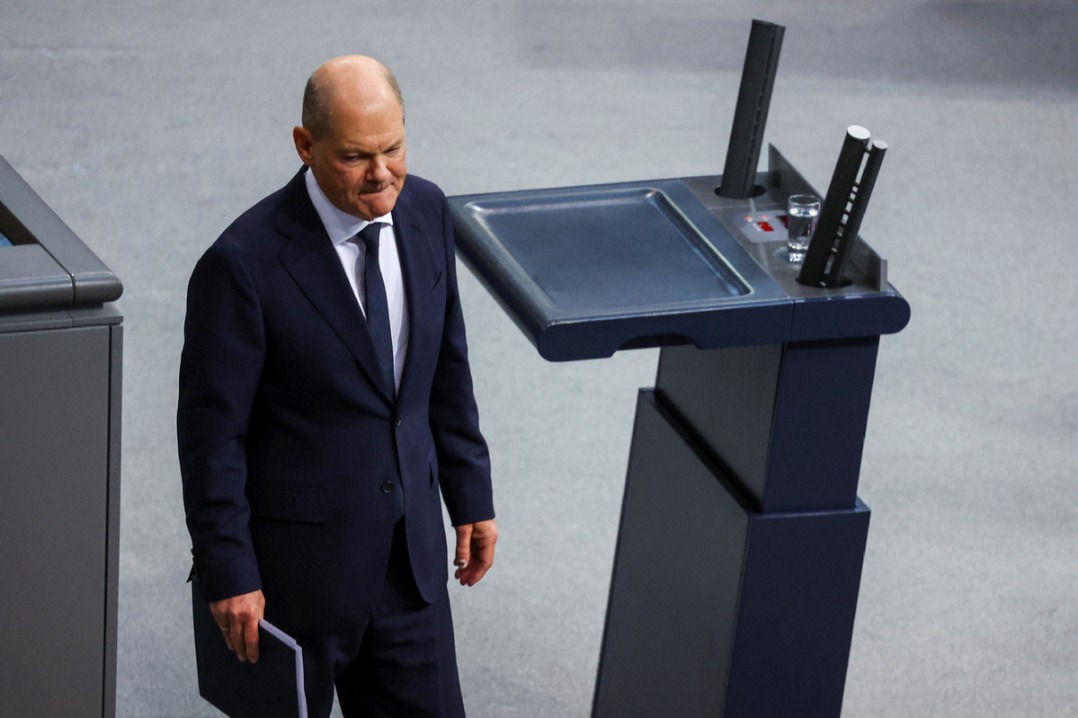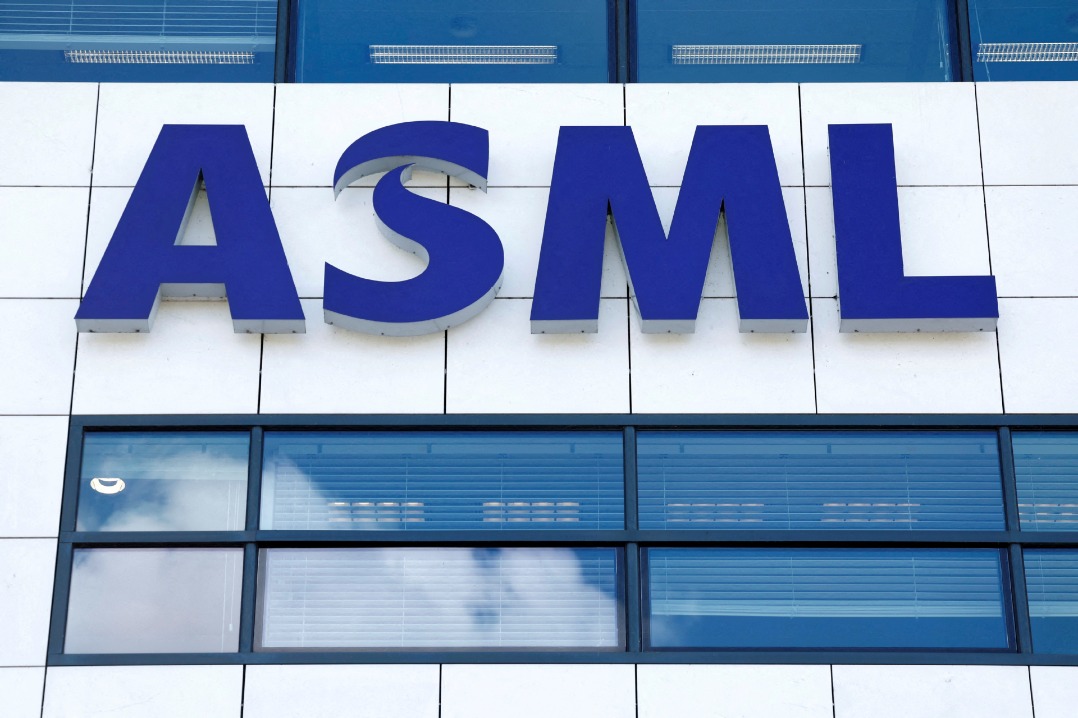Light on the diplomatic horizon


Complementary goals
"The two countries appear to have recognized that while the tense atmosphere between them makes direct cooperation difficult if not impossible, they can pursue complementary goals in parallel, each in their own way."
Craig Allen, president of the US-China Business Council, told China Daily that the value of US exports to China will reach a record this year, perhaps increasing as much as 30 percent over 2020.
There have also been "positive signs" on the policy side, as there seems to be "very little appetite "within the administration to increase tariffs, though that has not been ruled out next year, and there have been fewer executive orders, such as the TikTok ban or the WeChat ban that were subsequently overturned by US courts.
"As we recently saw, when the two presidents met, they could be very hospitable and indeed friendly and warm with each other," Allen said, adding that beneath that bonhomie on the personal side, domestic politics could make it more difficult for regulators, diplomats, government officials and procurement officials to really reach out to find common ground.
Jon Taylor, chair of the department of political science and geography at the University of Texas-San Antonio, said recent scholarly research confirms that comprehensive diplomatic efforts between China and the US before 2017 were having a positive effect on a host of issues of mutual concern.
These ranged from stabilizing the global economy in the wake of the 2008 financial crisis, tackling climate change and improving public health and pandemic responses, and enhancing collaboration on security issues. But such a diplomatic approach was abandoned with the advent of the presidency of Donald Trump.
"If there is any impressive progress made so far by Biden, it's the fact that the two nations are actually talking to each other," Taylor told China Daily.
Since March, senior diplomats from Washington and Beijing have held meetings in Anchorage, Tianjin, Zurich and Rome.
Unlike the fiercely ideological and military-based competition between the US and the former Soviet Union that was often marked by proxy wars, China-US strategic competition is decidedly more technological and economic, Taylor said.
































